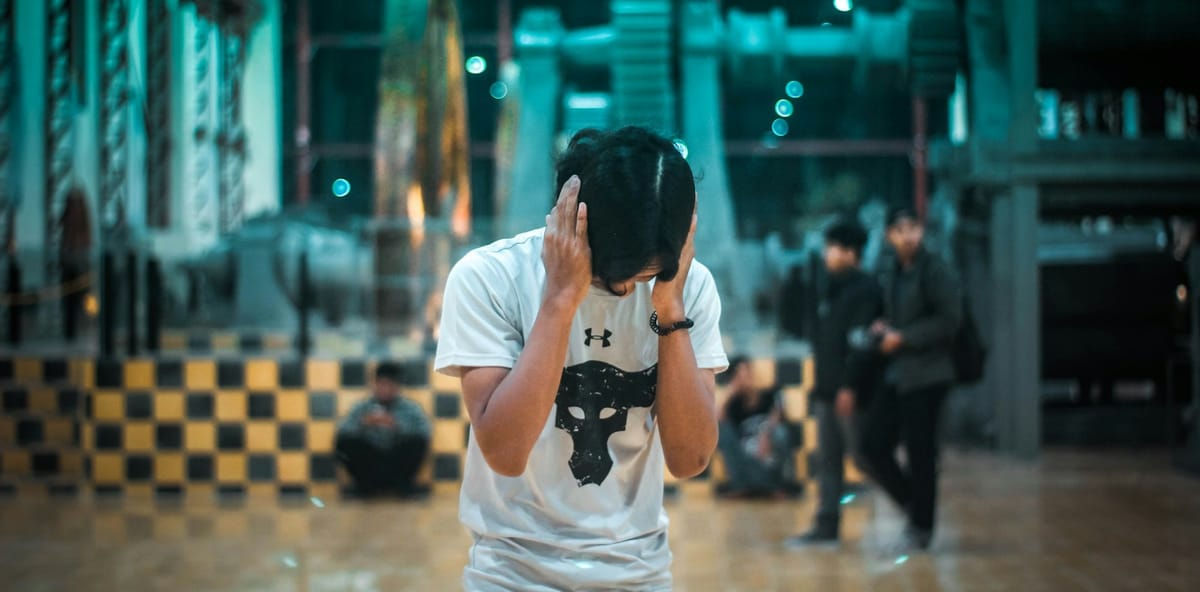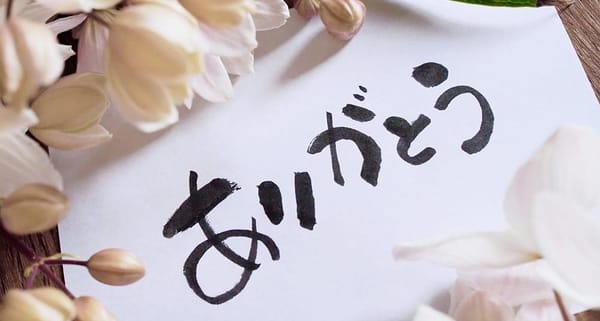Are Japanese People Especially Sensitive to Sounds?
Are Japanese people more sensitive to sound—or just more considerate? A look at quietness, culture, and living in between.

When you first arrive in Japan, one of the strangest and most striking things might not be something you see - but something you don’t hear.
No one talking loudly on the train. No noisy phone calls. Even in bustling cities like Tokyo or Osaka, the public soundscape is surprisingly calm. Restaurants are filled with hushed conversations. Offices feel almost meditative. It’s enough to make many of us wonder:
Are Japanese people especially sensitive to sound?
The short answer is yes - but not because they’re biologically different. It has everything to do with culture, environment, and the unspoken social contract that governs everyday life in Japan.
Quietness as a Social Agreement
In Japan, quietness isn’t just a personal preference - it’s a form of respect. At the heart of this is the cultural concept of wa (和), or social harmony. The idea is simple: avoid disturbing others.
This plays out in countless ways:
- On trains, phone calls are frowned upon and even casual conversations are kept low.
- In open offices, coworkers often type softly or use headphones instead of playing sound aloud.
- At home, neighbors expect you to vacuum or practice instruments only during “reasonable” hours - and “reasonable” is often earlier than you’d think.
In many Western countries, noise is seen as part of life - sometimes even a right. But in Japan, being quiet is a way of being considerate. It’s not about what you want to do, but how your actions affect those around you.
It Starts from Childhood
This awareness of others begins early. Japanese children are taught not just to “use their inside voices,” but to actively consider how their volume affects the group.
The cultural value of omoiyari (思いやり) - empathy and consideration for others - is central here. And it’s not just about decibels. Emotional noise, interruptions, or dominating a conversation can also be considered disruptive.
This is one reason many visitors describe Japanese communication as “quiet” or “subtle.” It’s not just a sound level - it’s a mindset.
Density and Design Shape Daily Life
Let’s not forget the physical realities. Japan is a densely populated country, especially in cities. Apartments often have thin walls, and people live very close together. In this context, one person’s music or footsteps can easily become another person’s stress.
You’ll find public signs asking for silence in hallways or encouraging “quiet hours.” Even city planning and construction often take noise reduction into account.
Over time, this creates a society where people are not just culturally, but practically conditioned to be sound-aware.
Are Japanese People Actually More Sensitive?
Some studies have explored this question. A 2010 survey, for instance, found that Japanese participants reported slightly higher sensitivity to environmental sounds than some Western counterparts.
But here’s the catch: those differences often had more to do with attitudes and social interpretation of noise, not biology.
In a high-context culture like Japan - where so much meaning is conveyed indirectly - people may be more attuned to subtle shifts in tone, silence, or background noise. But this isn’t about having sharper ears. It’s about listening differently.
When Noise is Okay
That said, Japan isn’t always quiet. Go to a summer festival (matsuri), a baseball game, or a karaoke bar and you’ll find that noise is not just tolerated - it’s celebrated.
Even children playing, construction noise, and urban hustle are considered fine within the right context. In Japan, it’s not the noise itself that’s the issue, but whether it aligns with shared expectations.
So What Does This Mean for Us?
For many of us living in Japan long-term, this heightened awareness of noise isn’t new - it’s part of daily life. You’ve probably caught yourself tiptoeing in your own apartment or lowering your voice on the phone, not because you wanted to, but because you didn’t want to offend anyone. And let’s be honest: that can get exhausting.
When the social rules are unspoken but strict, it’s easy to feel like you’re constantly on edge - like one wrong sound could mark you as inconsiderate or “foreign.” The pressure to avoid discomforting others can be emotionally draining
You shouldn’t have to erase your personality to fit in. In many cultures - like Thailand, the Philippines, or even parts of Latin America - being loud is a form of warmth, joy, and liveliness. It’s how we connect, celebrate, and show energy. You don’t have to unlearn that entirely just to live peacefully here
At the same time, being mindful of your surroundings is not a bad thing. It’s a sign of respect - an acknowledgment that you’re part of a shared space, and one worth embracing as part of your journey as a foreigner abroad. Finding that balance is ongoing, but it’s also what makes this experience meaningful.



